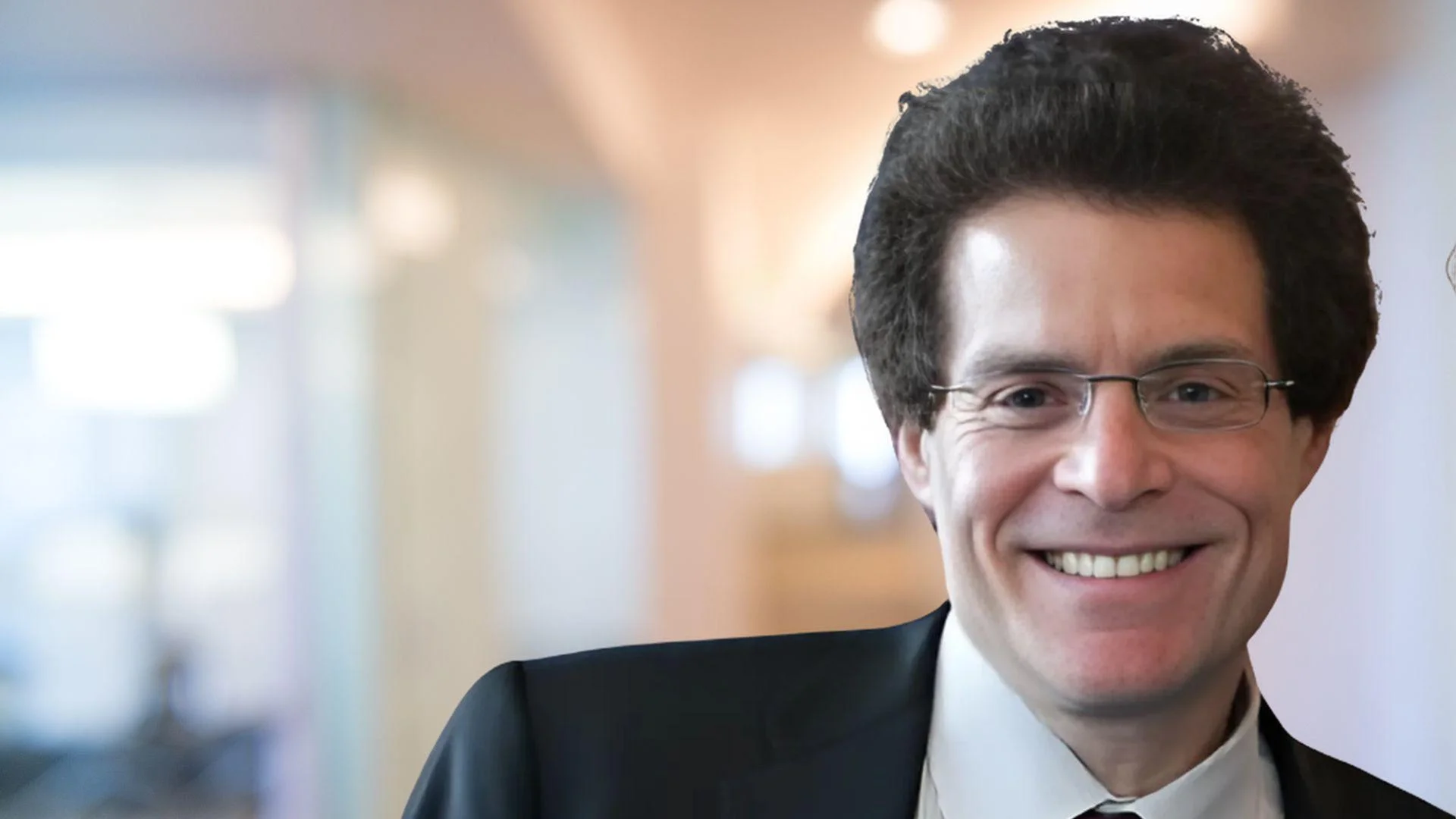Drew Altman, President & CEO of the Kaiser Family Foundation (KFF) | x.com
Drew Altman, President & CEO of the Kaiser Family Foundation (KFF) | x.com
The Kaiser Family Foundation (KFF) has announced that the mental health workforce remains insufficient despite some improvements, with a persistent shortage in psychiatric beds and resources.
According to the report, only 27.7% of the national need for mental health professionals in designated shortage areas is being met, compared to 33.1% in Michigan. To address these shortages, the United States requires an additional 7,871 practitioners, while Michigan alone needs 226 more. These shortages are primarily measured based on the availability of psychiatrists relative to the population.
Bridge Michigan reports that Michigan has only five state psychiatric hospital beds per 100,000 residents—far below the recommended 40 to 60 beds needed to adequately serve individuals with severe mental illness. This ranks the state among the lowest in the nation for psychiatric bed availability. The significant gap in inpatient capacity contributes directly to overcrowded emergency departments and delayed mental health treatment across the state.
The Mental Health Foundation (MHF) indicates that the state's shortage of beds leads to over 150 behavioral health patients, including 17 children, boarding in emergency departments daily while waiting for appropriate care. These patients often remain in emergency departments for over 48 hours, particularly Medicaid recipients, straining hospital resources and costing millions annually due to unreimbursed care. The lack of psychiatric infrastructure prevents timely treatment and reduces hospitals’ capacity to serve other emergency patients.
KFF is a nonprofit, nonpartisan public charity serving as a trusted source for health policy research, polling, journalism, and public information. It operates independently from Kaiser Permanente and is headquartered in San Francisco with an office in Washington D.C., primarily funded by an endowment and support from foundations.






 Alerts Sign-up
Alerts Sign-up